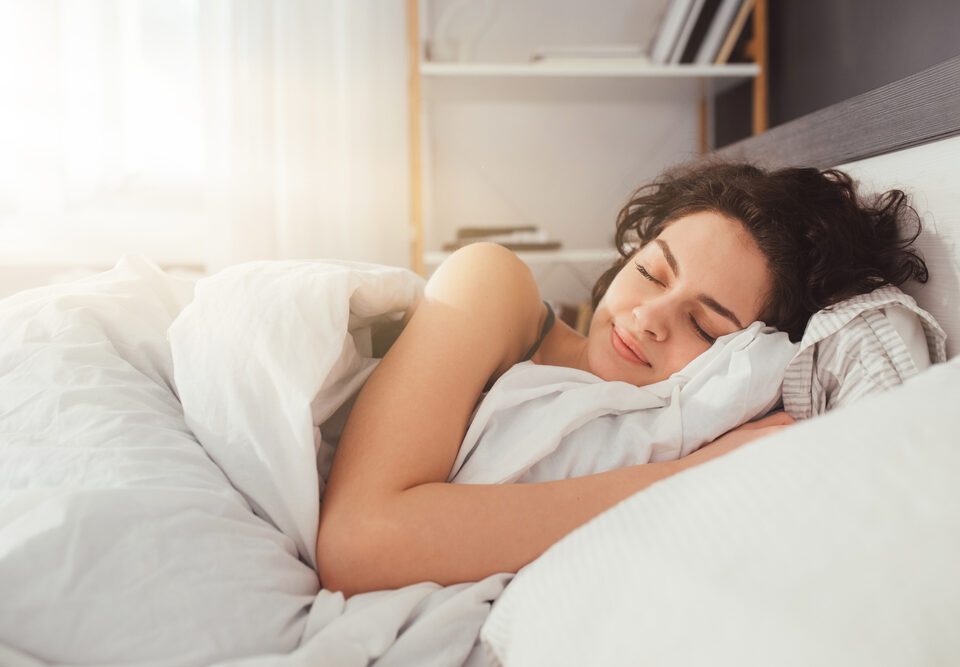While depression and anxiety can both exist simultaneously and sometimes they seem incredibly similar, these two experiences are not the same.
Understanding the unique differences between these two very different diagnoses can eliminate some of the confusion when trying to improve your mental health during recovery.
Someone suffering from an anxiety disorder will experience fear, panic, or anxiety in situations where most people would not feel anxious or threatened. When they have these feelings, there's often no recognized trigger as to why it happens. It’s an unnecessary and confused response of the adrenal system, in which the fight-or-flight response is engaged and stress levels remain high. This disorder can cause a constant, nagging worry, and is sometimes so intense that it causes unhealthy disruptions to daily life and long term health.
Someone suffering from depression, on the other hand, will experience feelings of anger, despair, and hopelessness. These emotions often accompany a drop in energy, motivation, and willpower such that the simplest tasks seem out of reach. Ongoing lethargy and a lack of motivation can lead to difficulty with personal relationships and cause the depression to spiral further into despair and hopelessness.
These are often completely different conditions caused by very different hormonal imbalances within the brain and body. However, the disruptions they cause to one’s life are often similarly damaging. Understanding depression and anxiety may reveal their similarities as well as their differences.
How Are Depression and Anxiety Related?
Stephen Ferguson, a professor of physiology and pharmacology at the University of Western Ontario has done extensive research on the subject and found a link between anxiety, depression, and stress. Of this he said, “Our findings suggest there may be an entire new generation of drugs and drug targets that can be used to selectively target depression, and therefore treat it more effectively.”
Hara Estroff Marano says these two disorders are not separate, but that anxiety and depression coexist as the same disorder. He has found that 60 to 70% of depression patients suffer from anxiety as well. This can be especially dangerous, because when the two are present together, suicide risk increases exponentially.
As far as treatment goes, many of the same options can work for both anxiety and depression, but this could lead to a complicated mix. Marano believes cognitive behavioral therapy can work to find connections between thoughts and feelings that can help patients deal with side effects of the disorders. This works for other mental disorders and dysfunctions as well.
A type of therapy used with anxiety disorders is called exposure therapy and functions as a desensitizing method for treating acute anxiety. Patients are gradually exposed more and more directly to the source of their fear, anxiety, and paranoia until the symptoms and reactions that so trouble them are worked out and diminish. The problem with this treatment is that it's not as effective to use when the patient is also experiencing depression. This is because patients of exposure therapy must be able to put forth a degree of effort toward the treatment and depression often prevents or greatly diminishes this eagerness and willpower.
Unraveling the Dark Thoughts
While there is still much to learn about anxiety and depression in the world of mental health and addiction recovery, we understand enough to help a patient cope with the condition and find ways to heal.









